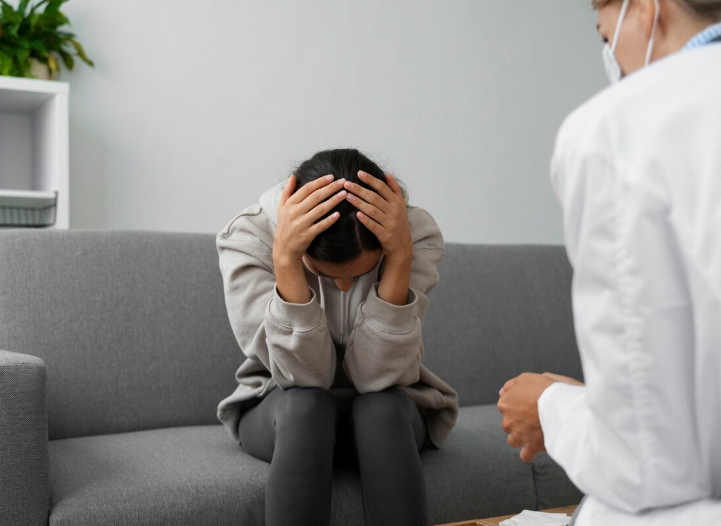
- Child Adolescent Psychiatry, Los Angeles Psychiatrist
- 0 Comments
Mental health is a cornerstone of overall well-being, and adult psychiatry plays a critical role in addressing the complexities of mental health challenges faced by adults. While common mental health conditions such as depression, anxiety, and schizophrenia often dominate discussions, there is a broad spectrum of issues that can affect adults in unique ways. Adult […]
Read More







